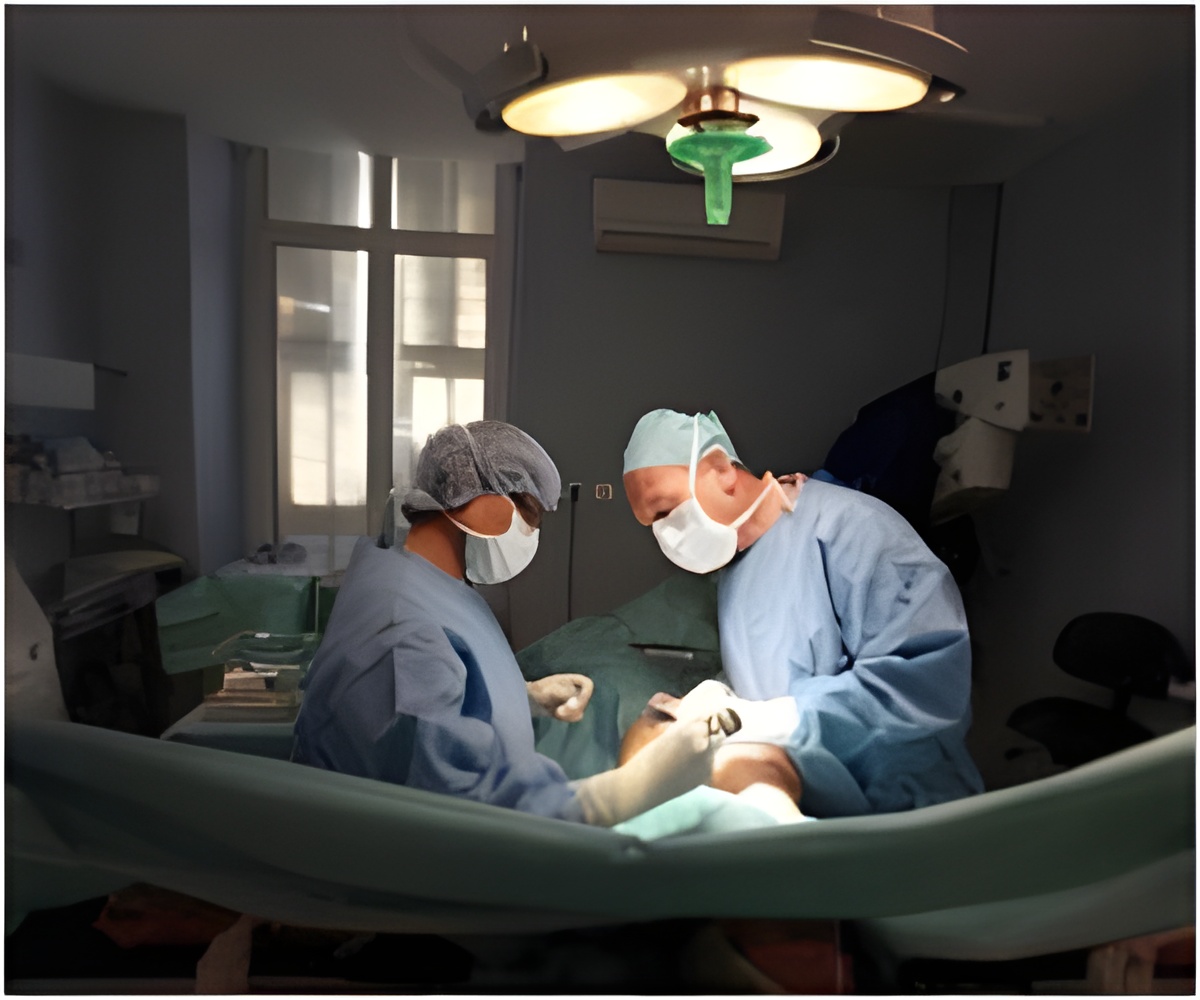
Mean age of the patients was 60 +- 12,7 years. At the time of study 586 patients from 677 were available for phone interview (86.5%). Intra-operative, early postoperative and mesh-related complications were noted in 17.3%of patients (152/677). Fifteen patients (2.2%) developed bleeding during the surgery over 500 cc; significant pelvic and vaginal hematomas were found in 37 cases (5.5%); perineal hematomas were noticed in 17 patients (2.5%).
There were two cases of urethral injuries (0.3%); 11 patients had bladder injury during surgery (1.6%); rectal damage in 5 cases (0.7%) and one case of ureteral trauma (0.2%).
Mesh related complications were limited to 32 cases of mesh erosion (4.8%), 2 cases of vaginal synechias (0.3%), one protrusion of mesh into the bladder (0.15%), two cases of vesicovaginal fistula with mesh protrusion (0.3%), 7 cases of mesh shrinkage and 16 patients complaints to dyspareunia and pain (2.4%). Pelvic abscess was found in 4 cases (0.6%).
Source-Eurekalert









